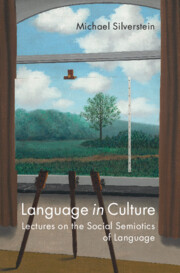A method is proposed for creative innovative design that is in concordance with the act of knowledge integration in learning; creative innovative design is defined as a guided (creative) process for arriving at an artifact that is socially valuable (practical and needed) and original (innovative). Within the context of models of reasoning, the process of design is interpreted and analyzed with a goal of extracting the stages at which it can be consciously improved by mindful control. A language is proposed for team-oriented intra- or interdisciplinary collaborative, as well as individual design that facilitates communication, mutual understanding, and makes explicit alternative nonverbal, nonquantitative thinking processes that otherwise may remain latent. The role of motivation in innovation is briefly discussed, as well as the role of artifact valuation in a societal context. Although not central to the present discussion, computer models of design are presented as an instance of design practice captured for computer-based design support. A brief discussion highlights the application and implications of the proposed method to education and research.



